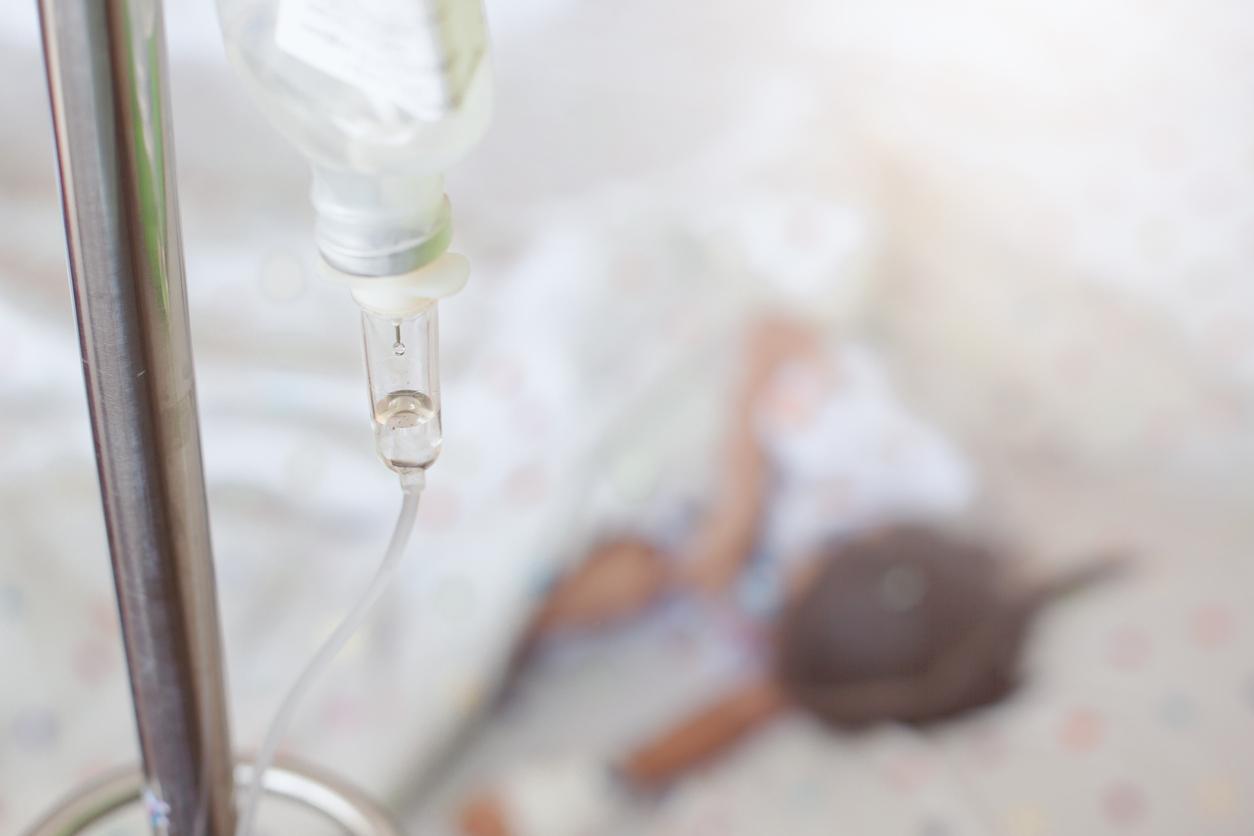In a national case series, 11.4% of immunocompromised patients younger than 21 years with COVID-19 admitted for intensive care died, compared to 4.6% of their peers with healthy immune systems.
The study, published in Clinical Infectious Diseases, included pediatric patients seen in 55 hospitals in 30 US states. All patients were under the age of 21 and admitted to a pediatric intensive care unit (PICU) or high-acuity unit for acute COVID-19 from March 12, 2020, through December 30, 2021.
Of 1,274 patients, 105 (8.2%) had a pre-existing immunocompromising condition (ICC), including 33 (31.4%) with hematologic malignancies, 24 (22.9%) with primary immunodeficiencies and disorders of hematopoietic cells, 19 (18.1%) with nonmalignant organ failure after solid organ transplant, 16 (15.2%) with solid tumors, and 13 (12.4%) with autoimmune disorders.
Patients with and without ICC had similar clinical disease severity upon admission, the authors said. Patients in the PICU for COVID-19 who had ICCs were, however, older than those without ICCs and less likely to be obese.
Clinical presentation similar in both groups
Both groups of children had similar rates of mechanical ventilation, vasoactive infusions, and extracorporeal membrane oxygenation use. "Despite similarities in clinical presentation, the outcomes were worse for those with ICCs," the authors wrote.
In addition to almost triple the rate of in-hospital mortality, patients with ICCs had longer hospital stays.
Among the 105 patients with ICCs, 16.2% had life-threatening COVID-19, but reassuringly, COVID-19 ICC patients showed no evidence of new neurologic disability or need for supplemental oxygen, tracheostomy, or mechanical ventilation.
Patients with life-threatening COVID-19 were older than those with non–life-threatening COVID-19, but there were no statistically significant differences in biologic sex, race, ethnicity.
"Patients with life-threatening COVID-19 were older than those with non–life-threatening COVID-19, but there were no statistically significant differences in biologic sex, race, ethnicity, or comorbidities associated with life-threatening COVID-19 in patients with ICCs," the authors wrote.
Stem cell transplant patients at greatest risk of death
No single type of ICC was more likely to be associated with severe COVID-19 infection, but patients with allogeneic hematopoietic stem cell transplant (HSCT) were overrepresented in hospital deaths.
Five of the 14 deaths in ICC patients occurred in children with HSCT, representing 35.7% of in-hospital deaths for that group.
"Patients with a history of HSCT represented only 1% of the overall cohort with acute COVID-19 but comprised almost half of the fatalities," the researchers wrote. "These findings are consistent with the high mortality of children with post-HSCT admitted to the PICU for other indications. Although our numbers are small, those patients who developed COVID-19 before or after post-transplantation day 100 had comparable rates of life-threatening COVID-19, similar to what has been reported previously."



















